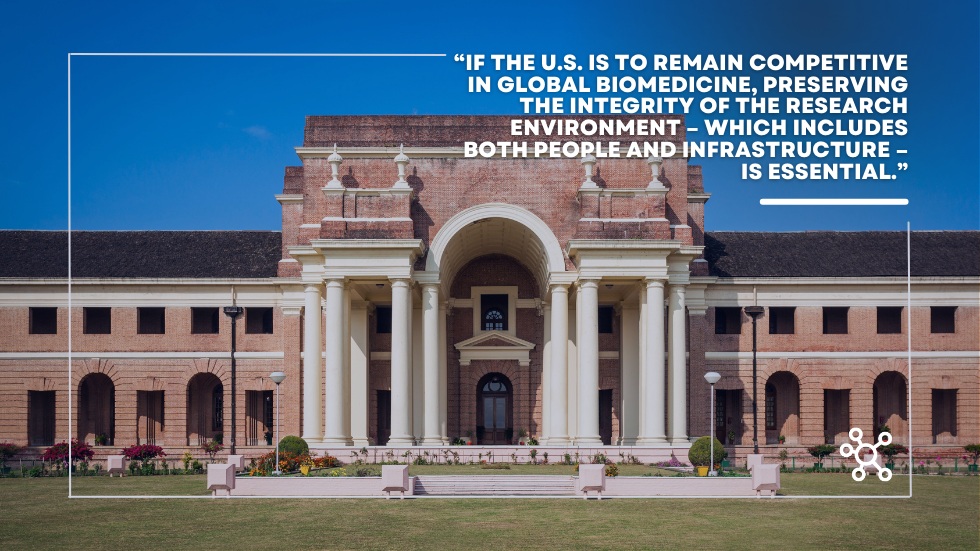If you need specialized service, it makes sense to use specialized expertise
Garbage in, garbage out. We’ve all heard this motto and we’ve all lived it. Perhaps we slapped together a grant application at the last minute and ended up with a form rejection. Or maybe we bought a vehicle without doing due diligence and got stuck with a lemon. Life is a game of effort, and low effort yields predictably low results.
It’s no different with hiring. If you don’t put in the work, you’ll end up with middling talent. And that’s not good enough, especially in a highly specialized and competitive field such as pharma and biotech. The stakes are high: whether you’re looking a scientist who can test a game-changing drug or a liaison who can forge relationships with rock-star clinicians, your company’s entire future may depend on hiring the right person. And that takes time, techniques, and tools.
That’s where a specialized recruiter comes in.
But does your company really need one? Here are some questions to consider.
How specialized is the skillset you need? If you need an entry-level lab technician to bridge a parental leave, you may be able to manage the search on your own. But if you seek expertise in aseptic processing or international regulatory requirements, a recruiter can ensure your treasure hunt doesn’t turn into a wild goose chase.
Recruiters can likewise help you zero in on “cross-functional” candidates—people who combine disparate skill sets such as assaying experience and a flair for the podium. If, like so many other life sciences companies, you operate with a thinned-out workforce, you’ll probably need many of your science hires to wear more than one hat.1
How much real-world experience do you require? If you’re looking for a data scientist to complete a team, a recent graduate may meet your requirements. A recruiter matters most when previous experience tops your must-have list—for example, if you need to hire someone who has worked with top physicians.
How competitive is the playing field? The best candidates tend to work with recruiters. According to recruitment consultant Beverly Savage, “Top candidates are reluctant to apply directly to a company’s job posting [and] prefer to use recruiters to represent them in order to protect confidentiality.”2 If you’re vying for a limited number of candidates in a competitive arena, it makes sense to tap into a recruiter’s database and network.
Are you pressed for time? A biotech recruiter can help you shorten the recruiting process without sacrificing quality.3 The less time you waste on reviewing CVs and interviewing almost-but-not-quite candidates, the more your workforce can use its core skills to support the company’s mission.
Questions to ask a life sciences recruiter
● What is your experience across the life cycle of a medical product?
● What is your placement rate and the attrition rate of the people you place?
● Do you have access to international candidates?
● How do you customize your approach?
● What happens if you recommend a candidate who doesn’t work out?
Not to be discounted: peace of mind
When you work with a specialized biotech recruiter, you can relax in the knowledge that you’re in expert hands. They speak your language. If you ask them to find you a “medical science liaison in precision oncology,” they’ll know to look for that elusive mix of tumor-profiling experience and people skills. Finally, reputable recruiters offer a guarantee period to protect you against the unlikely event that a candidate leaves prematurely.2
At Sci.bio, we pride ourselves on our experience, expertise and integrity. We know we can deliver what we promise—including peace of mind. Feel free to ask us all the questions you want, including the hard ones.
References
1. Leask H. Recruitment problems for pharma? There’s no pill for that. Xtalks. Dec. 2, 2019.
2. Savage BH. The benefits of using a recruiter. LinkedIn. June 9, 2020.
3. Wilson K. Why your biotech company needs a specialized recruiter. Insight Recruitment. Jan. 29, 2020.




